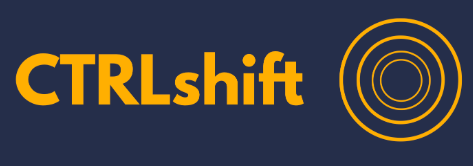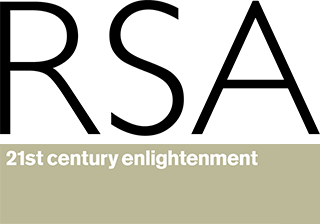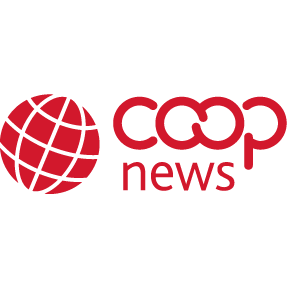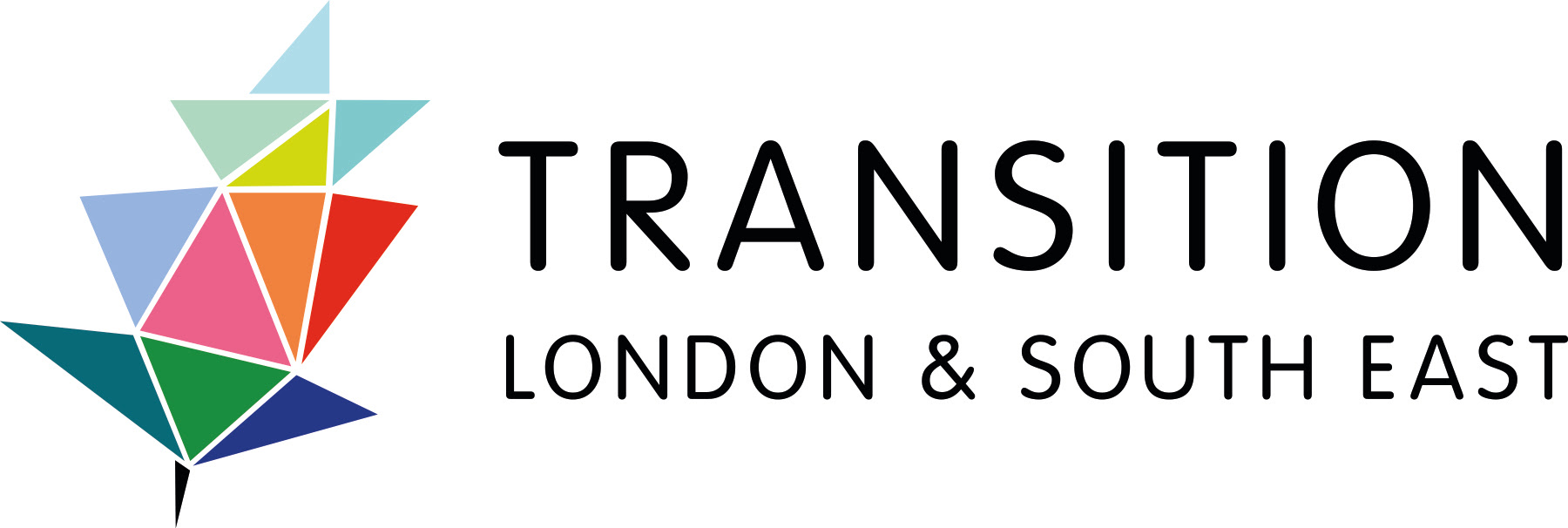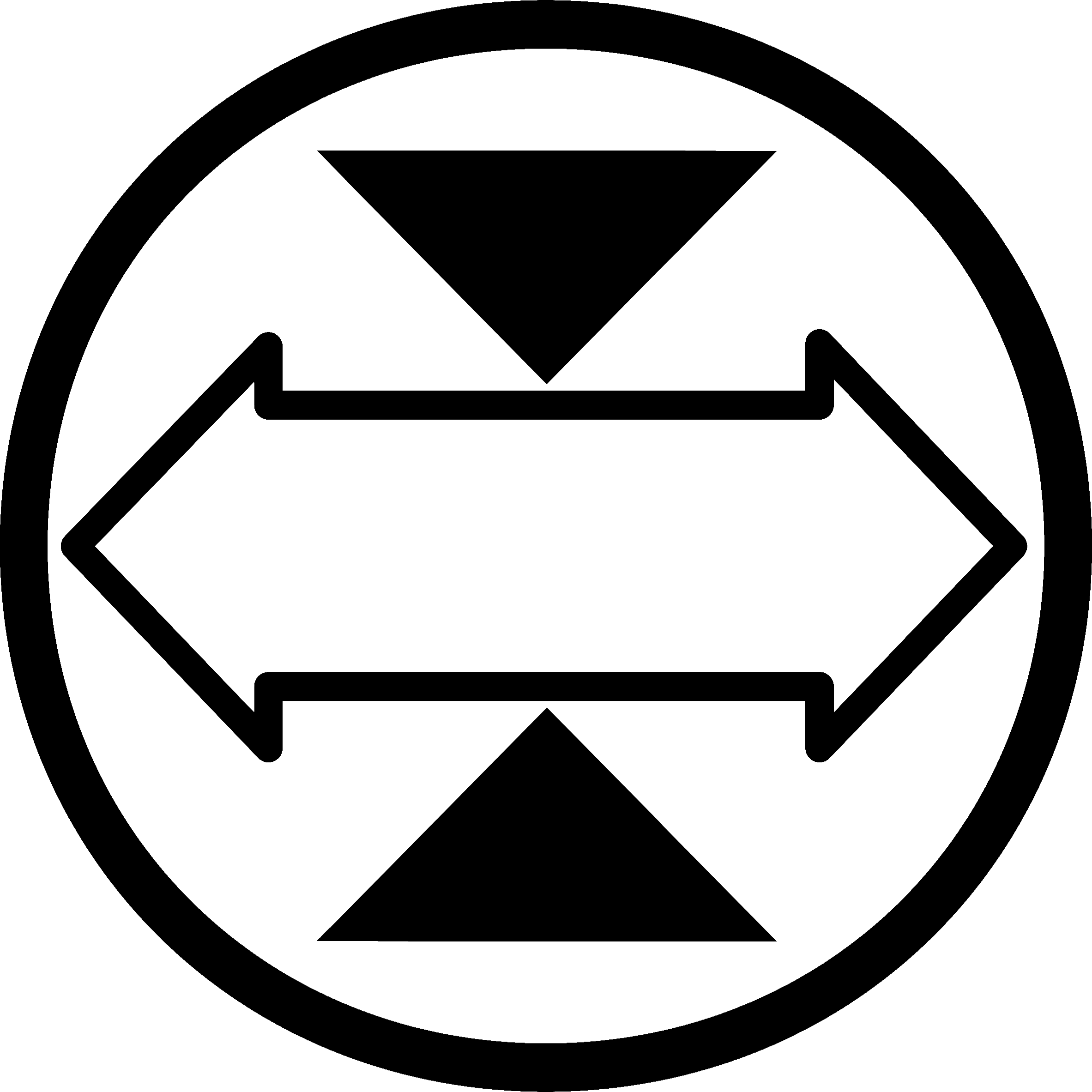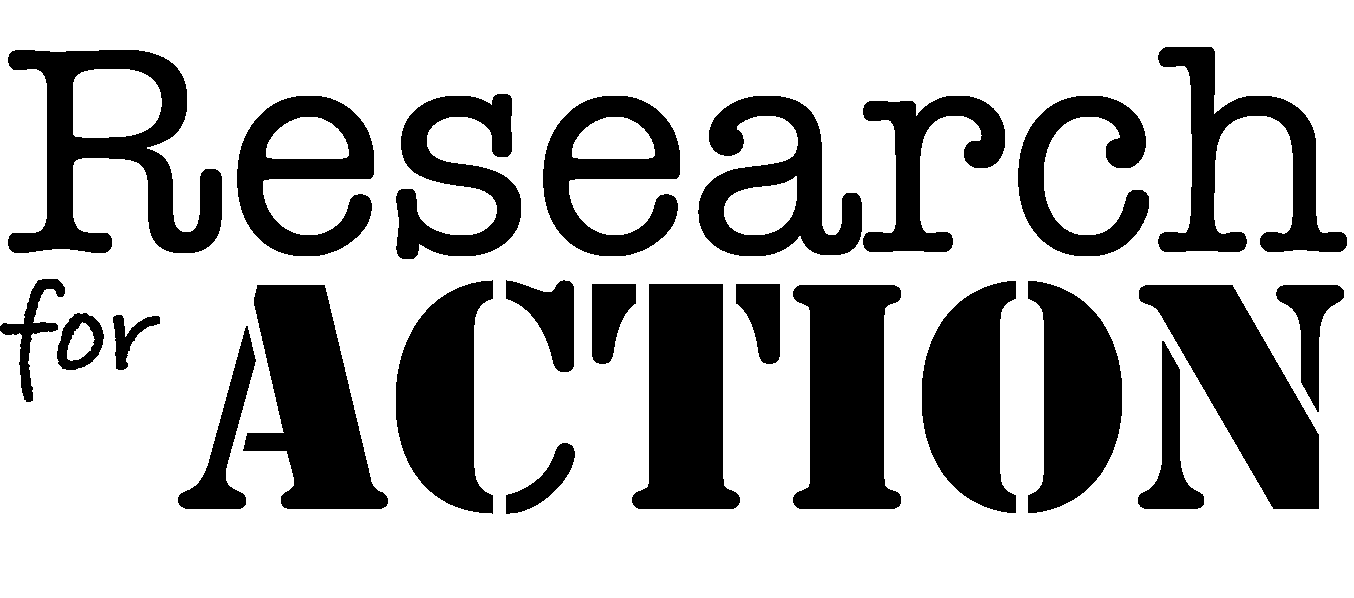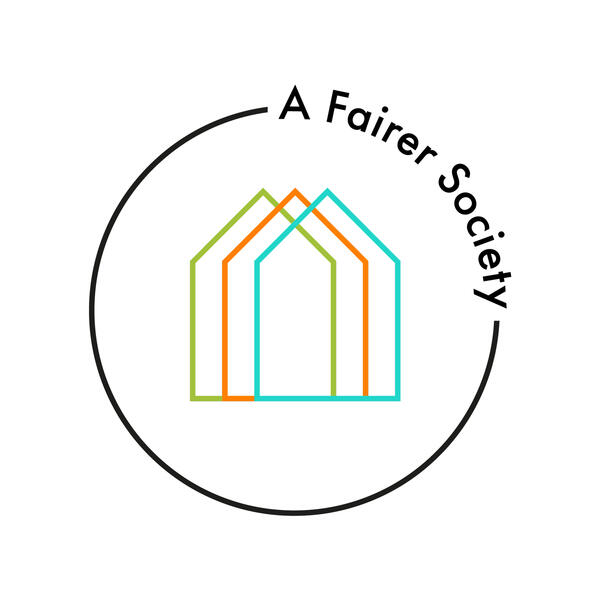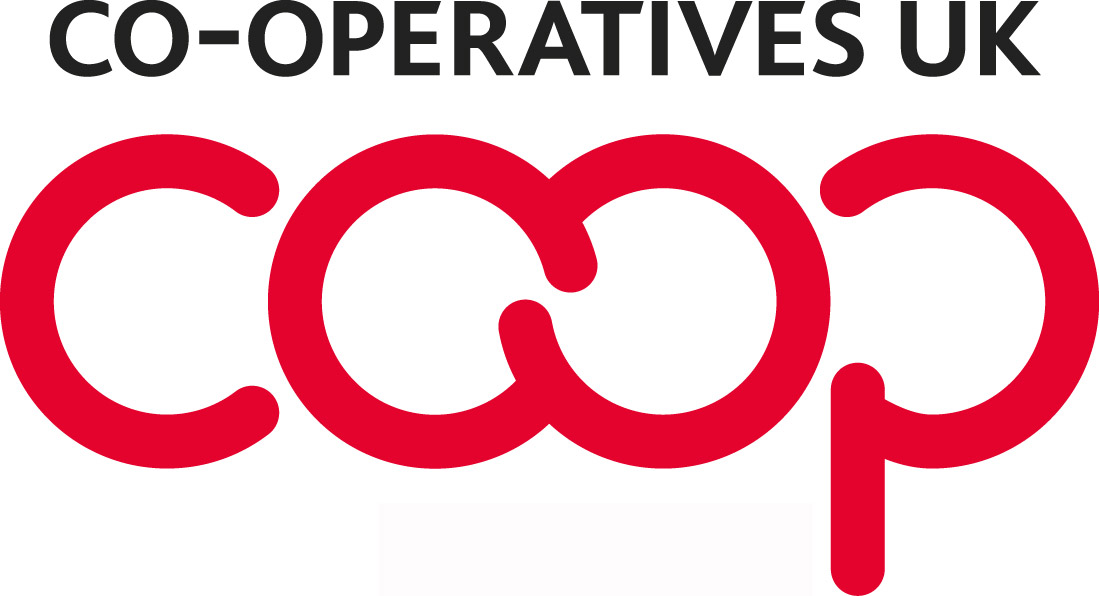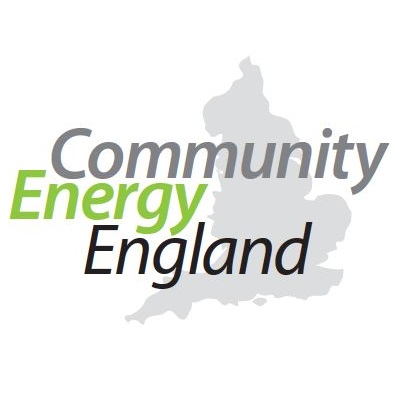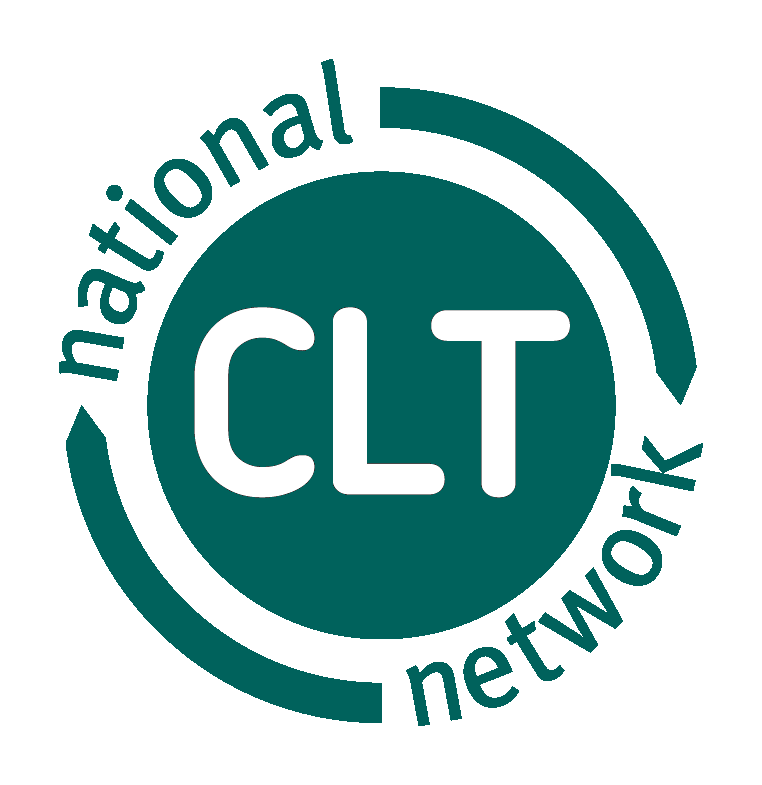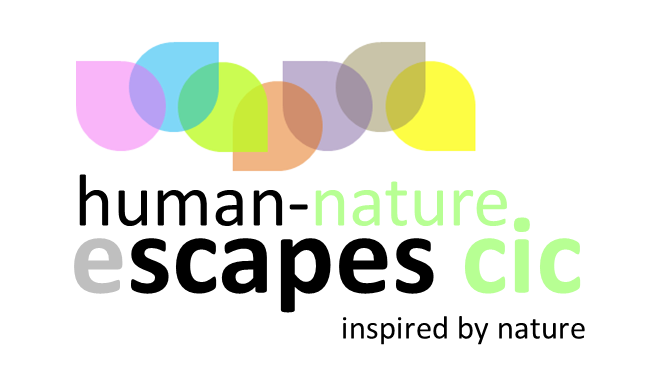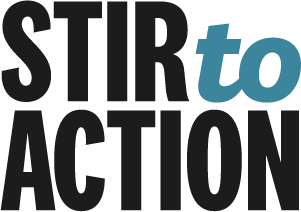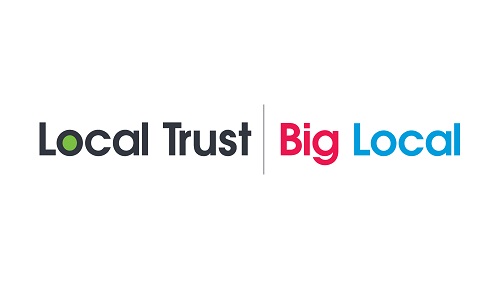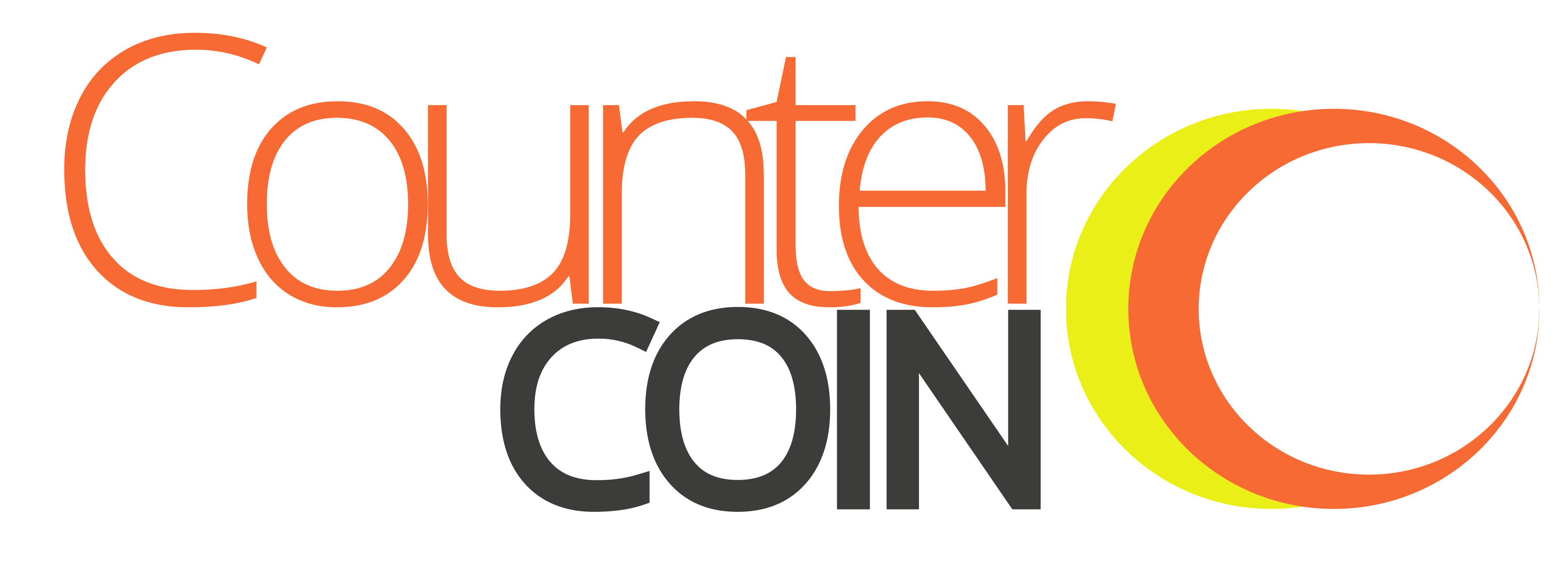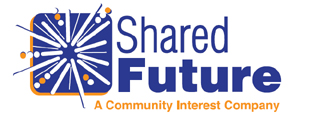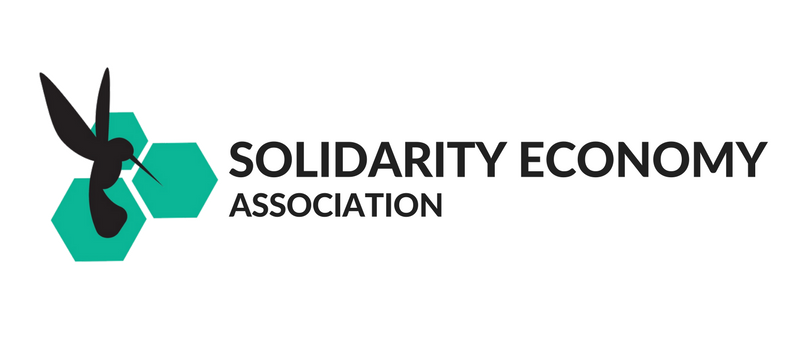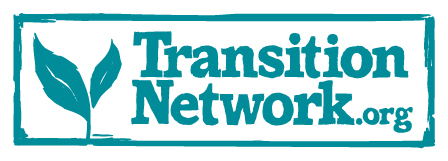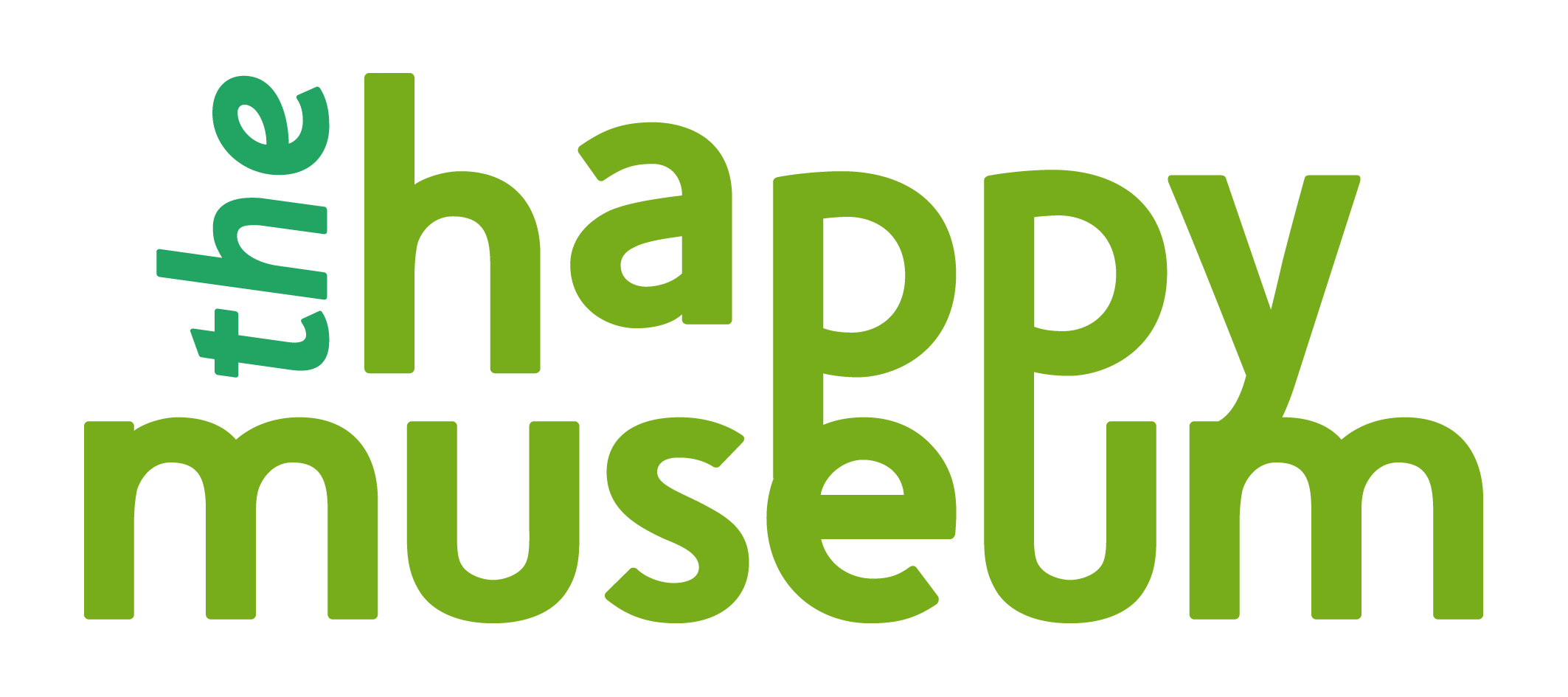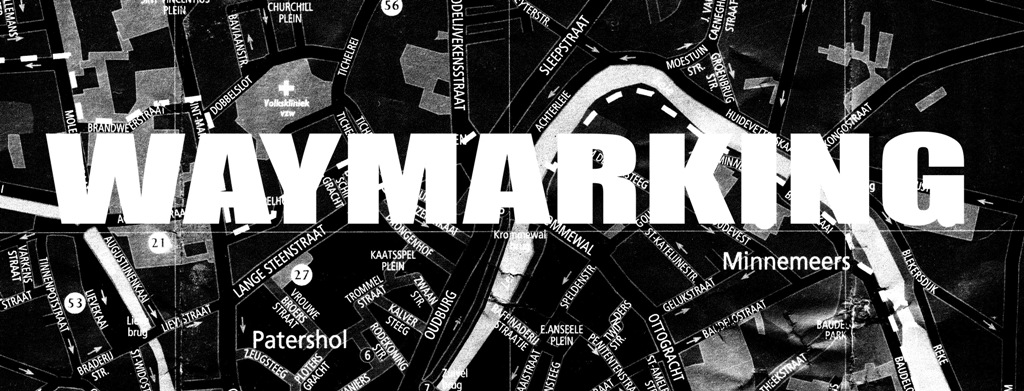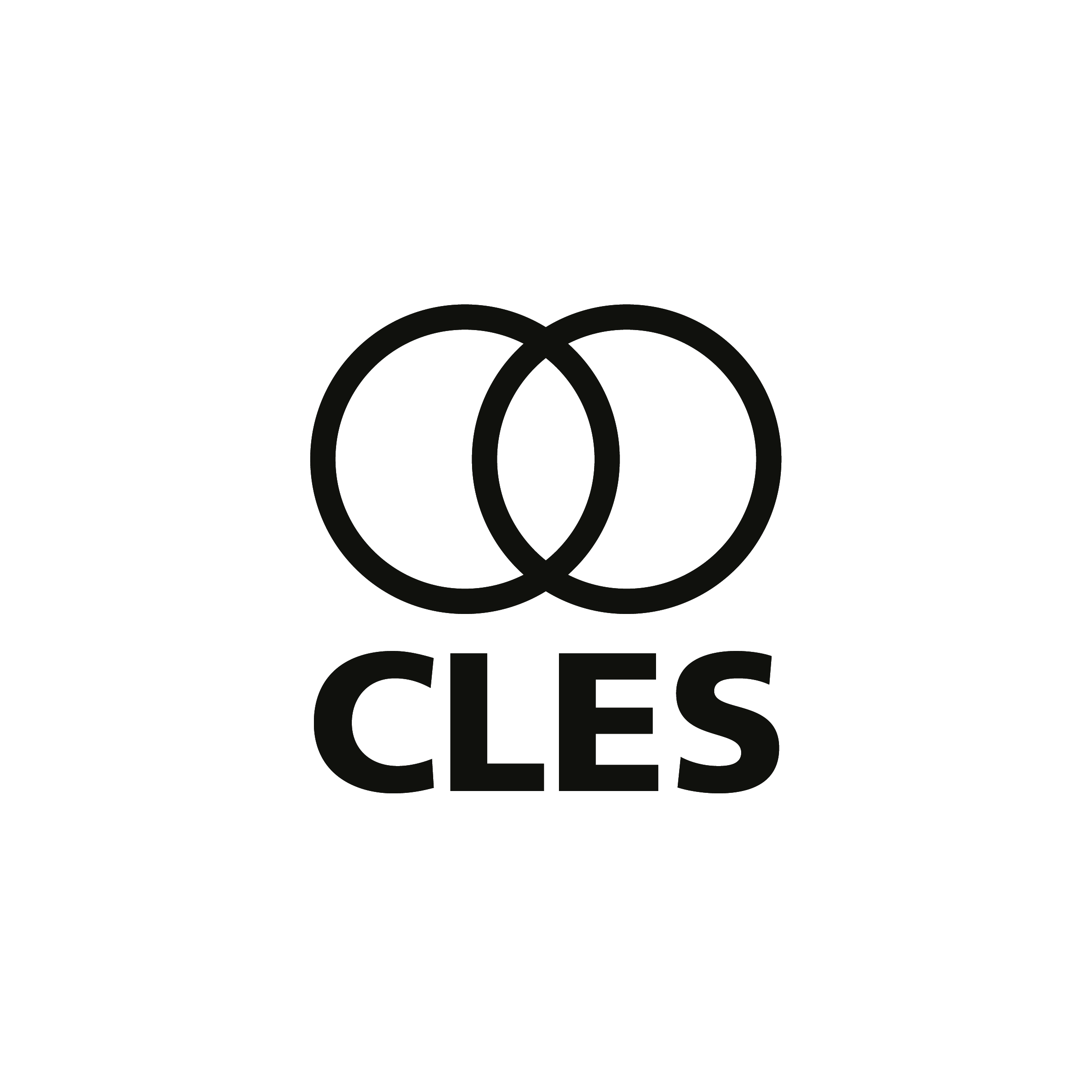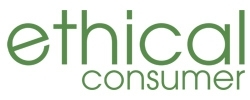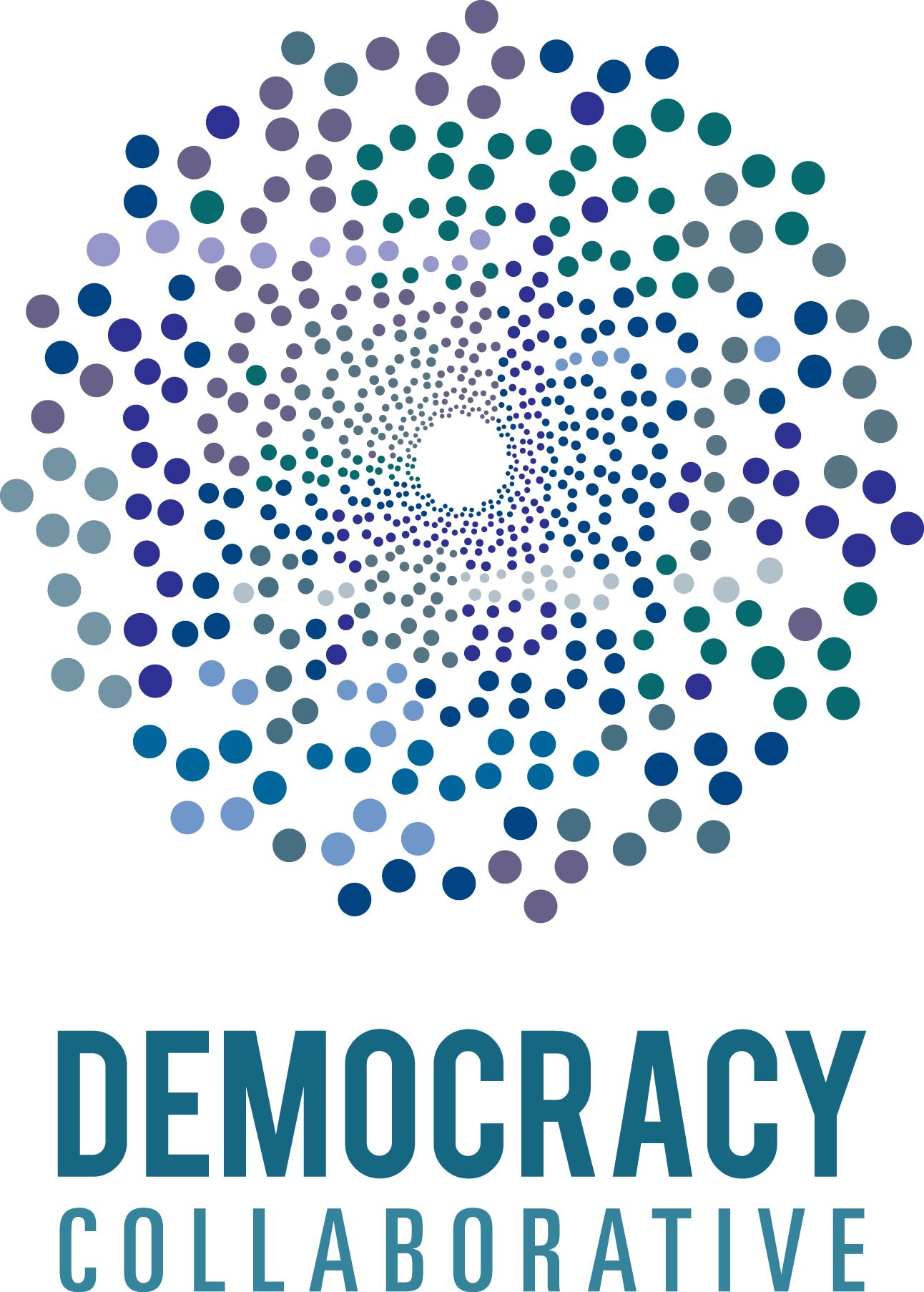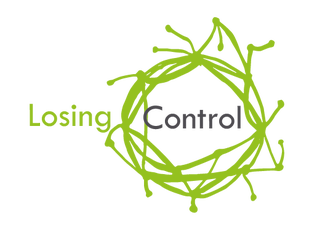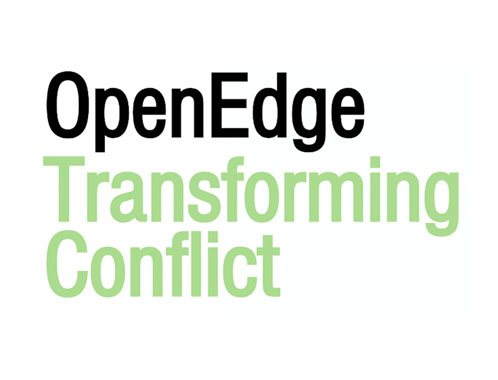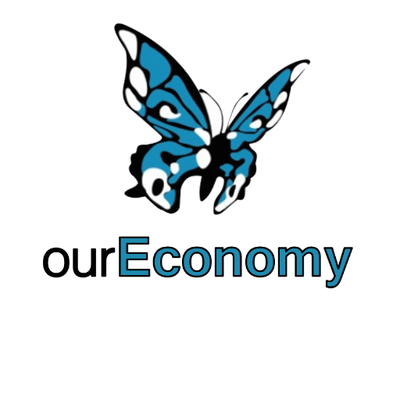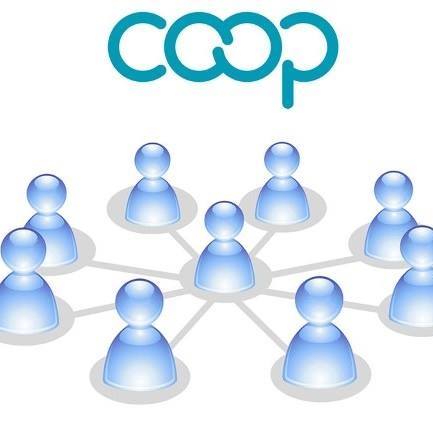What we can hope to achieve at the CTRLshift summit – by Naresh Giagrande
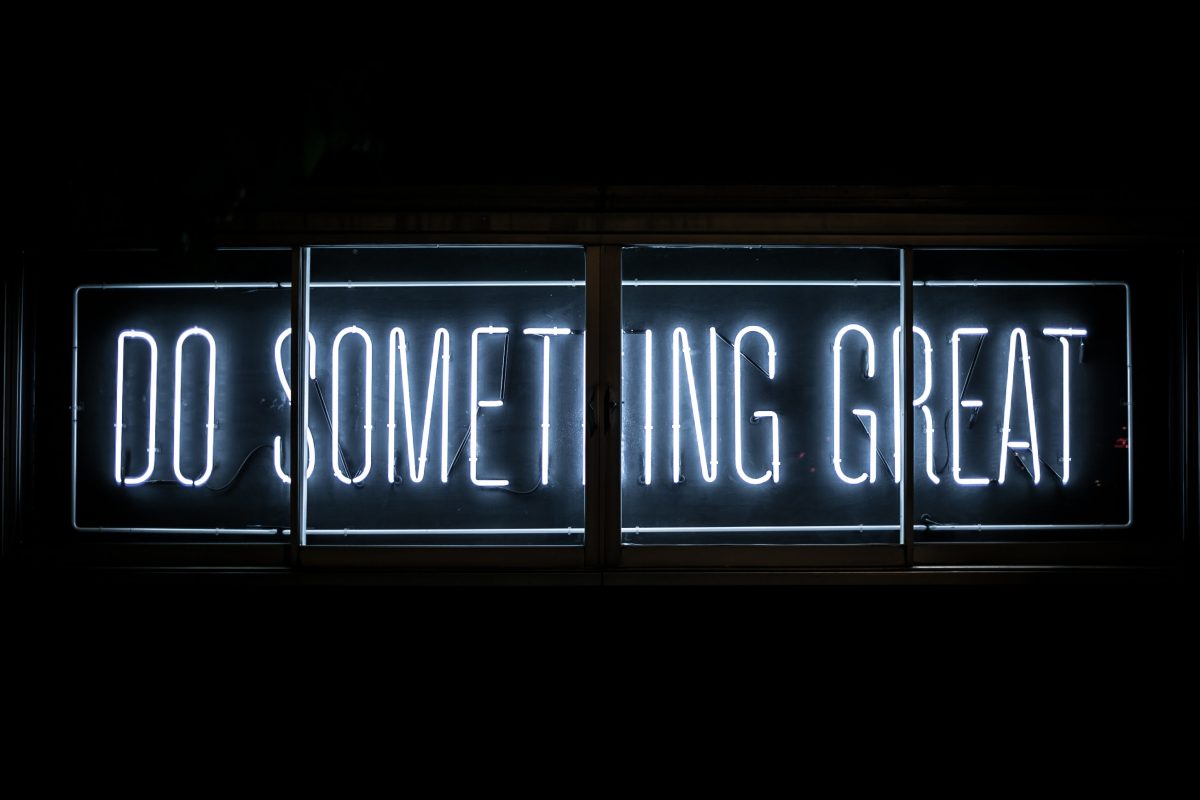
Co-founder of Transition Town Totnes, and member of our summit steering group, Naresh Giagrande shares his thoughts on what he hopes we can achieve at this crucial event.
We all want the same thing – to create community and real solidarity between very disparate organisations with very different ways of working, and working in very different sectors. And I think we all share the same overarching goals of bringing folks together, working out how to work together and finding a way to gain greater visibility; in other words all the things we have agreed as the aims for this event http://ctrlshift.org.uk/programme/.
I am sure we also all have slightly different emphasis, but enough agreement on what we are wanting to achieve to work together.
However I think we sometimes have very different ideas of how to achieve those ends and what is possible in the 3 days we have together, and how to get the best possible results. I think we also have very different ideas of our starting point (or the starting points of the different organisations and people representing them).
I will set out what I think the tensions are and what I think are the best possible outcomes.
And, by the way, tensions are good, as long as they are out in the open and worked with respectfully, tensions lead to growth and change. They can bring us together. Unexamined, hidden tensions however can pull us apart, or create fertile ground for power plays – which is another way of saying the same thing!
The starting point
I am assuming that virtually everyone attending http://ctrlshift.org.uk/ knows at least enough of some of the issues we are facing to agree that we are needing deep, far reaching systemic change to our social, economic and political systems. Some of us have been working in political arena and some on the economic, and others in various forms of well being. Which will mean we are seeing different aspects of our systemic failures. However, a similar broad brush agreement around systemic change is, I think, enough to take us forward. One tension I expect, will be some people’s needs to tell stories of the many difficult problems. Therefore my hunch is not to spend much time on ‘the problems’ but go very quickly to ‘so what are we going to do about it’.
Another tension might be very divergent ideas of what this change might look like and very divergent ideas of where we are headed. For instance to take one area, our economic system. Are we wanting: capitalism 3.0? post capitalism? solidarity economy? – and what do all of these mean anyway? There are probably many different interpretations. We might have some ideas of discerning potentially fruitful ways forward. However ‘the solutions’ are at this stage often speculation, unless they have been tried and tested in real world situations. It is my feeling that time spent discussing theoretical solutions will be largely wasted. However sharing what is working and finding ways to learn from each other should be a centre piece of this summit.
So what is the best way of using this time together?
Some of the ideas put forward and which we are experiencing other tensions are:
- Do we concentrate on creating manifestos?
- Do we discuss barriers to change?
- Do we focus on content such as discussing why there are so many coops in Italy and so few in the UK and how to change that?
- Do we discuss the cardinal questions?
- Do folks tell their story?- to everyone or in smaller groups?
- Do we try to move together as a group? Or do we accept that there will be competing needs and create a structure that accepts that we will be doing different things at times and coming together at other times to compare and take stock?
- Do we focus on how to work together, creating common narratives, and finding enough common ground so that a platform is created that we can build on?
- What is realistic to think we are going achieve over this time?
I would love to do it all but I know this is unrealistic. So what might be the minimum we might achieve that would satisfy us and provide a springboard to further meetings, collaborations and set the ground to find a common voice and ways of working together?
My person feeling is to ensure that we create really good process, rather than fill ourselves up with lots of content. Hence we have not relied on keynote speakers to pull folks in. Instead I feel that those of us attending in an innovative and creative atmosphere will be what is attractive about this summit. We will need some content as a way of seeding – throwing bread on the water – some story telling for instance, and honouring what has been achieved. This should create enough food for thought to get us inspired and moving.
Then we will focus on building the platform for how to collaborate at this event and beyond
To do this the main activities that will need to attend to are:
1) building relationships
2) Finding the good ways of working well together.
3) Creating and agreeing common values and maybe even a common narrative.
4) Finding a some quick wins to give us some inspiration and confidence that out of this community of practice we will create enough synergy and ‘greater than the sum of the parts’ to make the effort worthwhile.
I think the different tensions we have surfaced on how to achieve outcomes, while demonstrating a tremendous lot of good will and each of us holding the bigger picture to not allow our differences and niggles to derail the process, is what is making co-creating a programme so difficult. We just have different ideas of how to get to what I think are common goals and outcomes. So that is another tension we are holding and working with. We are gradually resolving these tensions as we work together. This careful process of attending to and resolving tensions is setting the scene for a successful summit. I appreciate the care and good will that we are embodying as we create this summit. And I have great hope that whatever comes out of our time together in these three days in Wigan will be transformational for us as individuals and also the organisations we represent.
Naresh Giangrande
Steering group CTRLshift 2018
